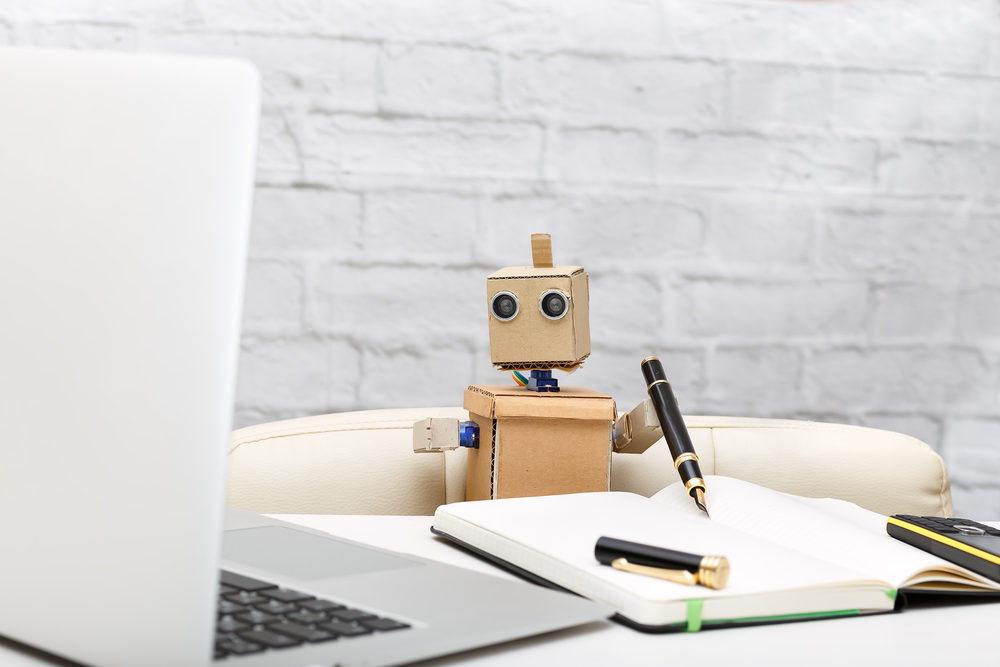By Richard Clarke, Managing Director, Ingredient Communications
In Jurassic Park, Jeff Goldblum’s Dr Ian Malcolm famously complains that the park’s scientists were so preoccupied with whether or not they could recreate the dinosaurs, they didn’t stop to think if they should.
I mention this iconic scene because I believe a similar principle currently applies to the production of creative content using artificial intelligence (A.I.). The results produced by A.I. are often impressive, and for marketing and PR professionals, it’s easy to see the appeal. The potential to save time, effort and money can appear huge, and perhaps make it worth tolerating the risk that it will sometimes get things wrong or, much worse, completely make things up.
But the purpose of this blog isn’t to evaluate the quality of A.I. output. There’s no point. All new technologies have flaws. Remember the very first iPhone? It was far from perfect. Over time, most problems are ironed out. The immediate concern, I believe, is that marketing professionals rushing in to use A.I. now could be jeopardising their company’s reputation.
In the world of arts and entertainment, A.I. has met with furious opposition. When it was used for the front cover for a highly-anticipated new novel, there was an outcry. After it emerged that the opening titles to a Marvel TV show were generated by an A.I. program, there was anger. Recently, the Irish singer Hozier said he would consider going on strike over the use of A.I. to make music. His comments were prompted by the writers’ and actors’ strike in Hollywood, which is partly about money but also about demands for greater protection from the use of A.I.
Against this backdrop, it would be wise to think very carefully about using A.I. to create marketing content. The ability to dispense with real people and replace them with a computer program is tempting. But the backlash against A.I. in the world of entertainment is only the beginning. It will almost certainly trickle down to the ‘real’ world. As soon as companies begin to terminate employees’ contracts and replace them with A.I., there will be indignation, rage and accusations of greed. There will be workers’ strikes that dwarf the showbiz protests in Los Angeles. Would such disruption be worth it?
Notwithstanding the practical risks, there are multiple reputational pitfalls, too. What will happen when a corporate A.I. marketing program unexpectedly publishes something that’s culturally offensive? When it generates a beautifully-written article that plagiarises the work of others? Unlike a human copywriter, A.I. isn’t accountable. It won’t take the time to fact-check. It doesn’t care about the company it works for or worry about losing its job. It has no interest in protecting the reputation of your business.
Sure, humans present their own set of challenges, but millennia of working together have endowed us with the natural ability to manage such interactions – for the most part at least. Anyone who believes they have any control over an A.I. program is mistaken. Do you even know how A.I. works? I mean – really? I certainly don’t.
A.I. is novel and it’s fun. And unlike the T-Rex in Jurassic Park, it won’t try to eat you alive. But don’t be fooled. Given half a chance, it could still chew your reputation to pieces.


